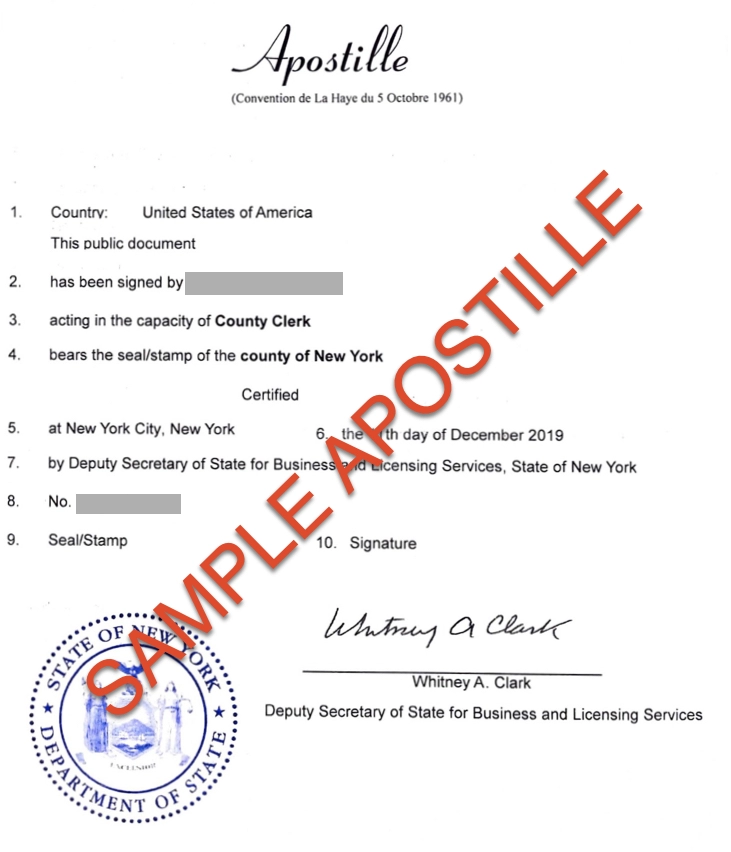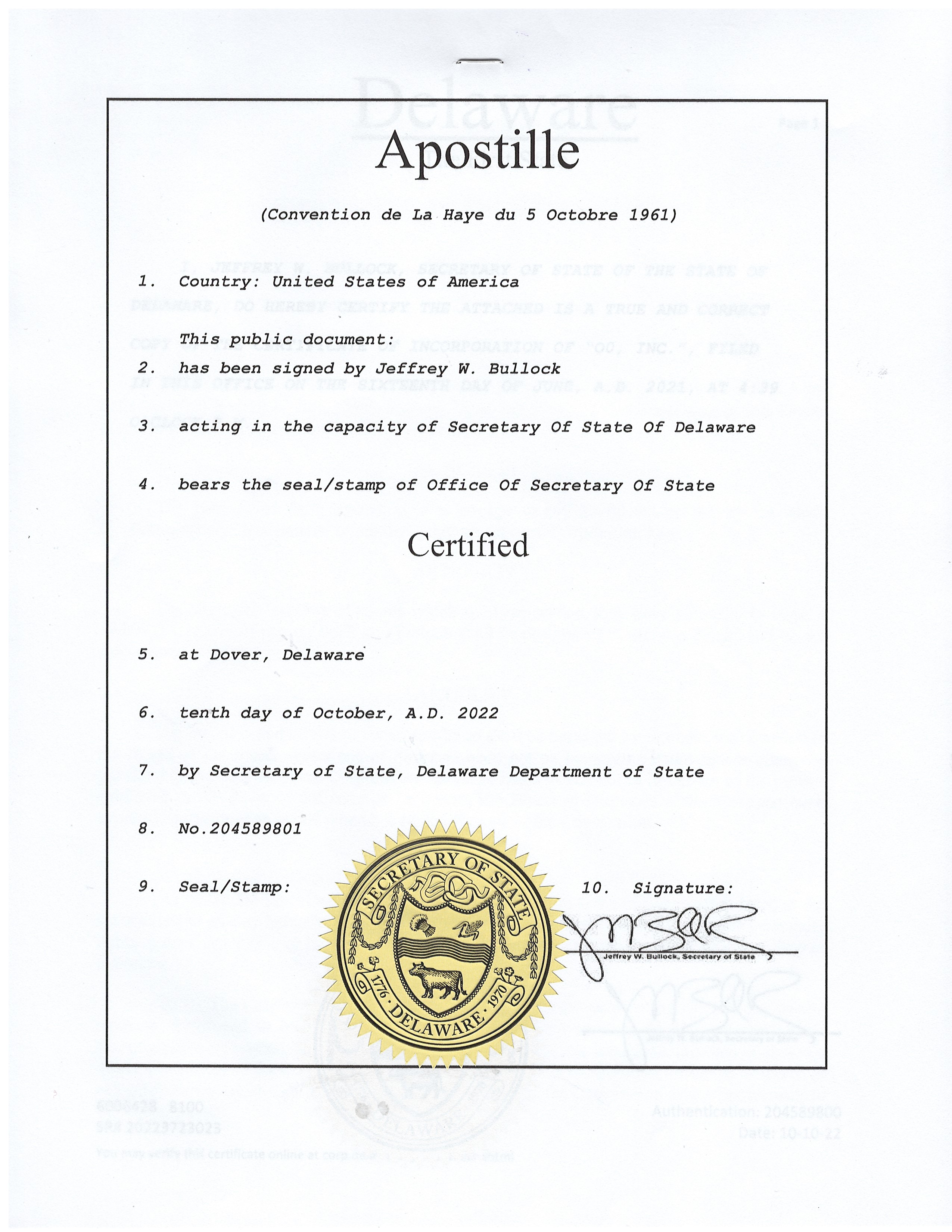Unveiling the Important Duty of Apostille in Simplifying International Document Recognition Processes
In the world of worldwide events, the validation of files holds paramount significance. Among the internet of governmental procedures and differing legal requirements across different countries, the role of apostille becomes a vital facilitator in improving the process. By fastening an apostille to a record, it undergoes a simplified validation that is acknowledged throughout various countries, therefore easing the concerns related to cross-border file authentication. As we explore the details of this specialized accreditation, the nuances between apostille and standard recognition techniques come to light, shedding a new point of view on the efficiency and effectiveness of this critical yet frequently forgotten process.
Comprehending Apostille Basics
In the world of document recognition for international usage, grasping the basic principles of apostille authentication is vital. An apostille is a specialized certification that validates the credibility of a document for use in international countries that become part of the Hague Apostille Convention. Comprehending the essentials of apostille involves identifying that it does not confirm the web content of the paper yet instead licenses the signature and seal of the issuing authority. This certification streamlines the procedure of international file recognition by ensuring that the paper will be recognized as real in nations that are celebrations to the Apostille Convention.
Apostilles are frequently issued for vital documents such as birth certifications, marriage certifications, and academic records. The crucial components of an apostille include the name of the country where it was released, the name of the individual authorizing the record, the ability in which the individual signed the file, the seal or stamp of the issuing authority, and the date of issuance. By understanding these fundamental elements of apostille authentication, organizations and individuals can navigate the intricacies of worldwide record recognition with self-confidence and performance.
Benefits of Apostille for Recognition

In addition, the apostille simplifies the verification procedure by giving a standardized certificate that confirms the credibility of the record, such as birth certifications, marital relationship licenses, notarized deeds, and scholastic transcripts. This standard layout decreases the danger of being rejected due to unfamiliarity with international records, hence boosting the effectiveness of cross-border deals.
In addition, the apostille helps in getting rid of the demand for numerous layers of verification by government authorities, as the apostille itself symbolizes the paper's credibility. This not just accelerates the record recognition procedure yet likewise decreases the linked costs and governmental difficulties, making it a cost-effective and hassle-free remedy for people and businesses taking part in global activities.
Simplifying Cross-Border Record Verification
Facilitating the recognition of papers throughout global boundaries, the apostille procedure serves as a structured and widely acknowledged technique for confirming numerous sorts of official documentation. Streamlining cross-border record authentication, the apostille gets rid of the my response need for prolonged and frequently difficult recognition treatments generally called for when offering records in foreign nations. By fastening an apostille to a record, the providing country licenses the authenticity of the file, making it easily appropriate helpful resources in various other nations that are part of the Hague Apostille Convention. This standardized process substantially reduces the time and effort associated with verifying the authenticity of main paperwork, advertising efficiency and ease of worldwide purchases.
Additionally, the apostille system improves the safety and security and credibility of cross-border paper recognition by providing a clear and globally accepted system for validating the validity of papers. This simplification of authentication refines not only advantages individuals and businesses looking for to operate worldwide however likewise fosters smoother interaction and partnership in between nations by guaranteeing the integrity of common documentation.
Relevance of Apostille in Legalization

Apostille guarantees that lawful records such as birth certifications, marriage certificates, powers of lawyer, and court papers are identified and approved in international territories. The apostille procedure reduces the administrative difficulties and time-consuming treatments normally associated with document find legalisation, making worldwide transactions more efficient and legally binding.
Apostille Vs. Conventional Recognition Techniques
Contrasting apostille with typical validation techniques discloses distinctive differences in the performance and simpleness of document authentication procedures for international usage. Apostille, as a standardized and streamlined technique developed by the Hague Convention, offers an extra uncomplicated method to confirming records compared to conventional approaches. Standard recognition procedures frequently involve numerous steps, including registration, certification by federal government authorities, and consular legalization, which can be cumbersome and time-consuming.
Apostille, on the various other hand, simplifies this process by certifying documents with a single apostille certification issued by a skilled authority in the country where the document originates (Houston TX Apostille). This certificate is identified by all participant nations of the Hague Convention, removing the requirement for additional consular office legalisation. As a result, apostille substantially lowers the moment and initiative needed for record recognition, making it a favored option for individuals and companies included in worldwide deals
Conclusion
To conclude, apostille plays a critical duty in streamlining global file validation procedures by providing a standard method of authentication that is acknowledged throughout getting involved countries. By enhancing the legalization procedure, apostille removes the need for numerous layers of recognition, reducing time and costs related to cross-border paper authentication. This reliable system benefits people and companies seeking to utilize international records for legal functions, guaranteeing smoother global transactions.
By attaching an apostille to a document, it undertakes a streamlined recognition that is identified throughout numerous nations, thus relieving the problems associated with cross-border file verification. Streamlining cross-border document authentication, the apostille eliminates the requirement for commonly challenging and extensive validation procedures generally needed when providing papers in foreign nations. By fastening an apostille to a record, the releasing nation licenses the authenticity of the file, making it readily appropriate in other countries that are component of the Hague Apostille Convention. By attaching an apostille to a file, the providing country certifies the credibility of the trademark, seal, or stamp on the record, making it legitimate for usage in another member country of the Hague Apostille Convention without the need for more legalization.
